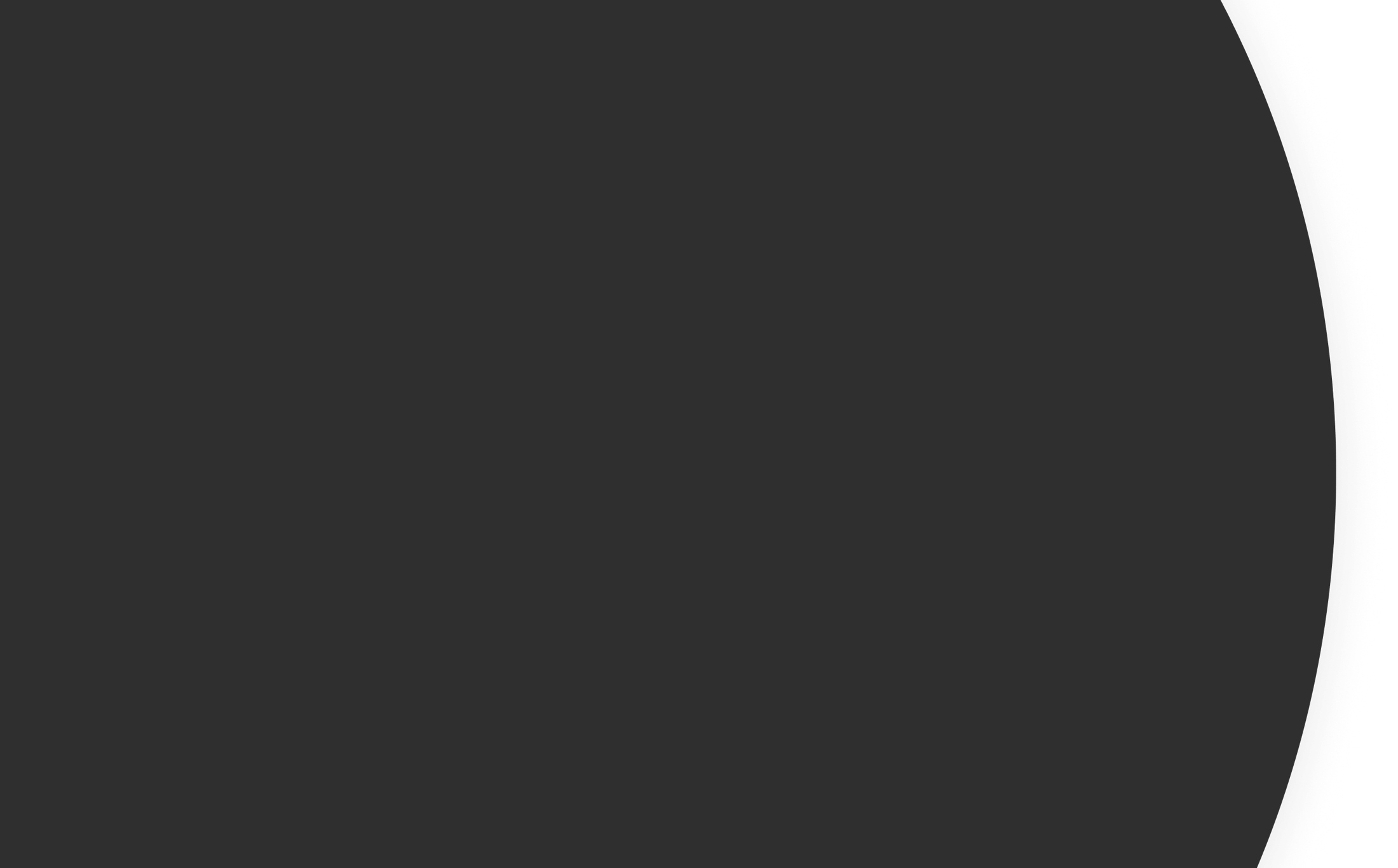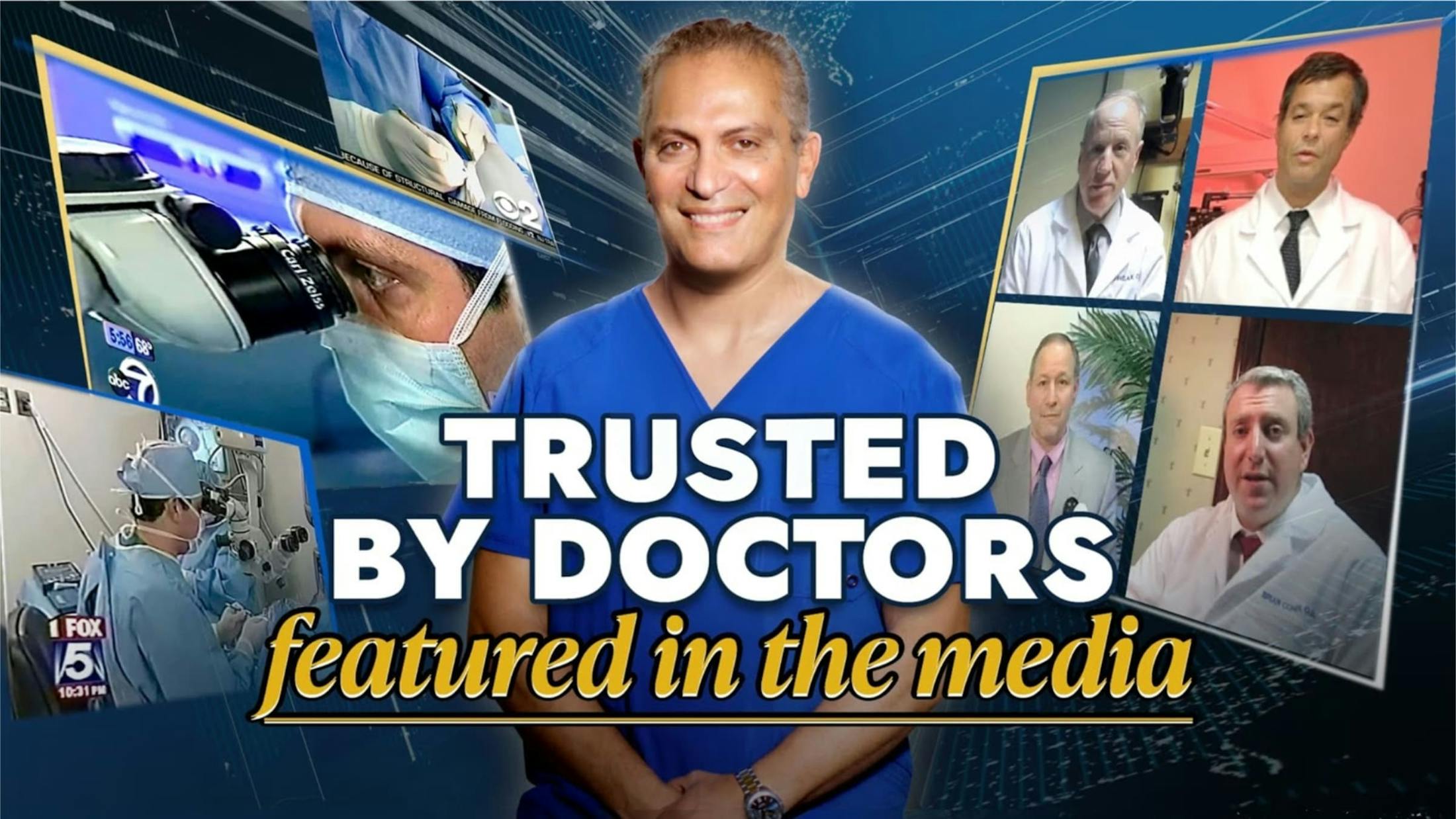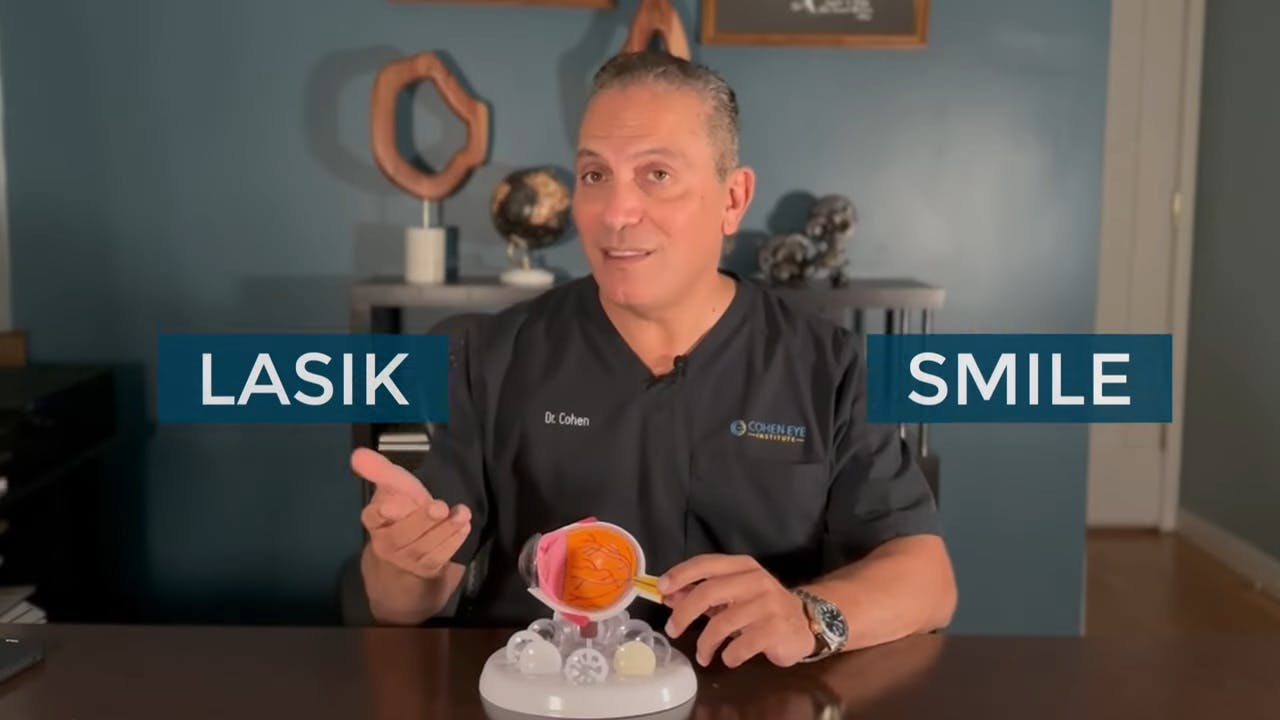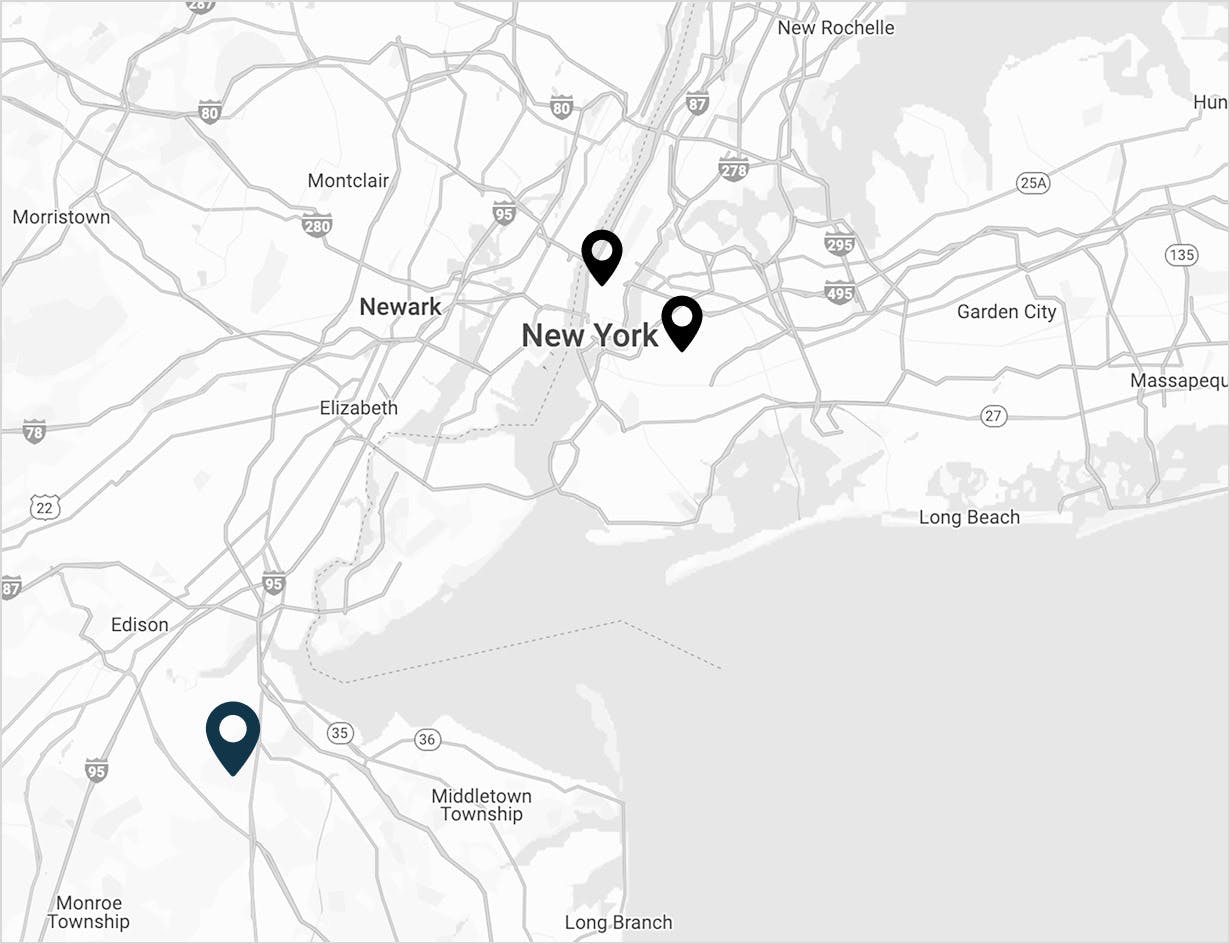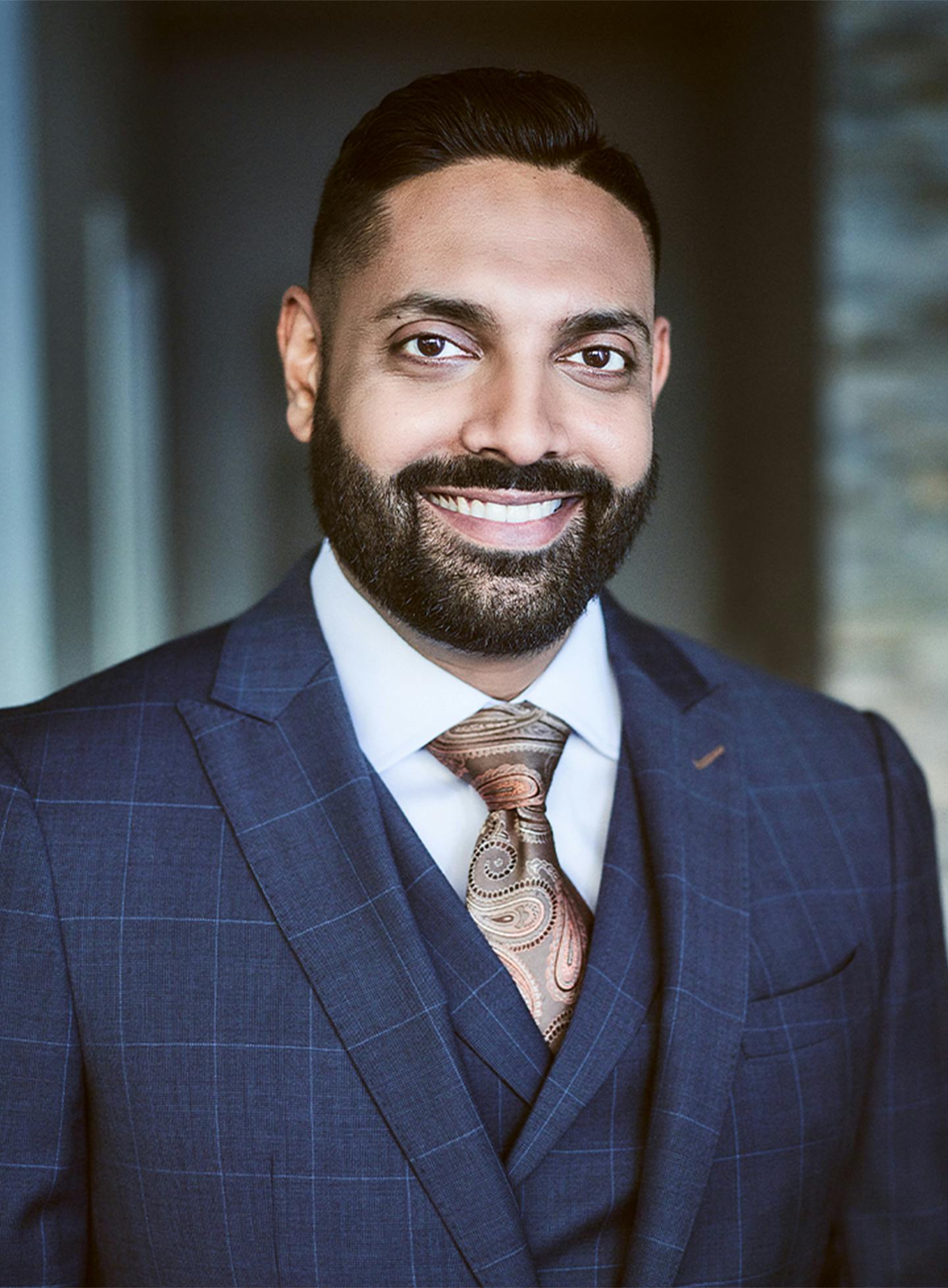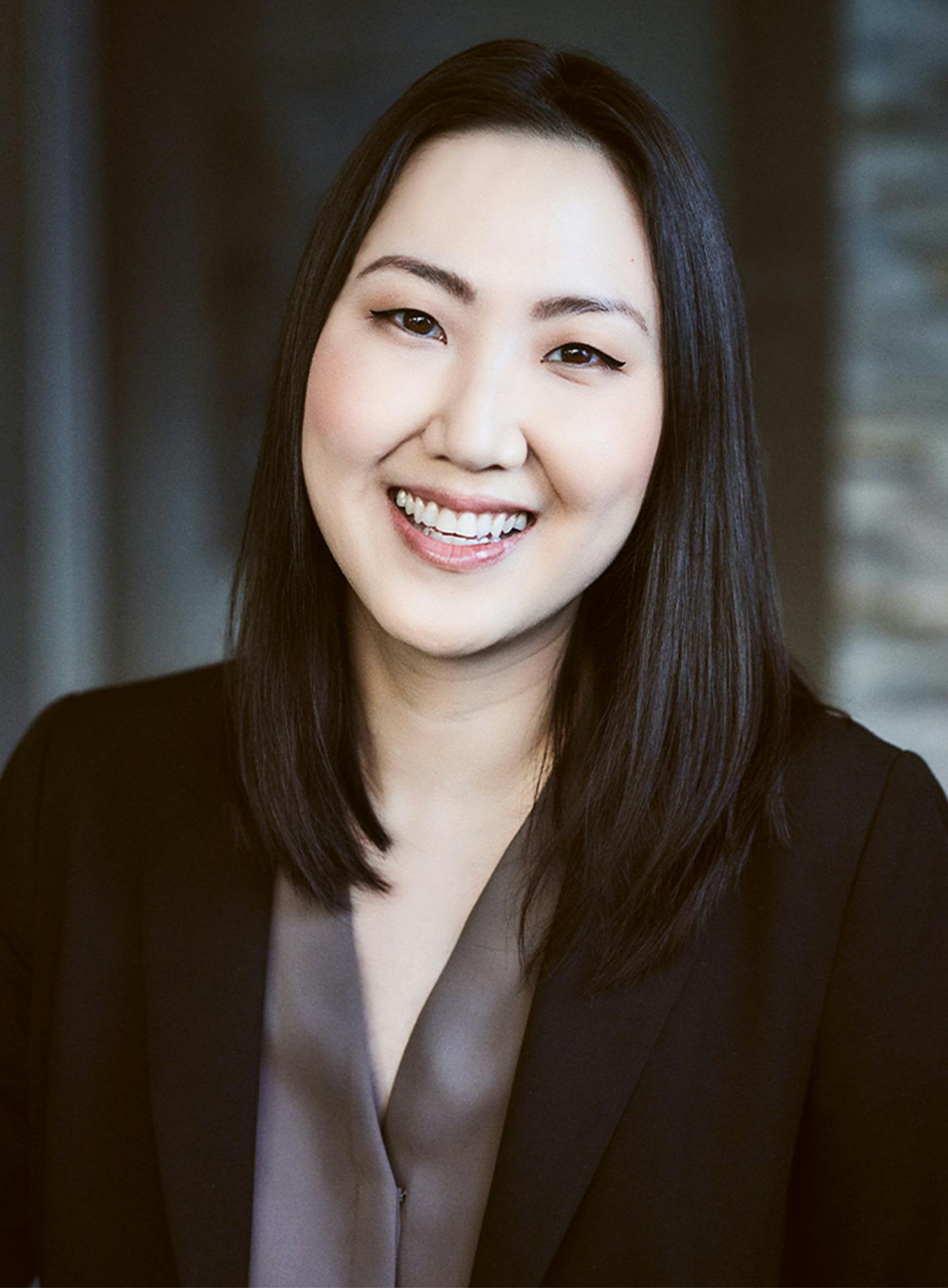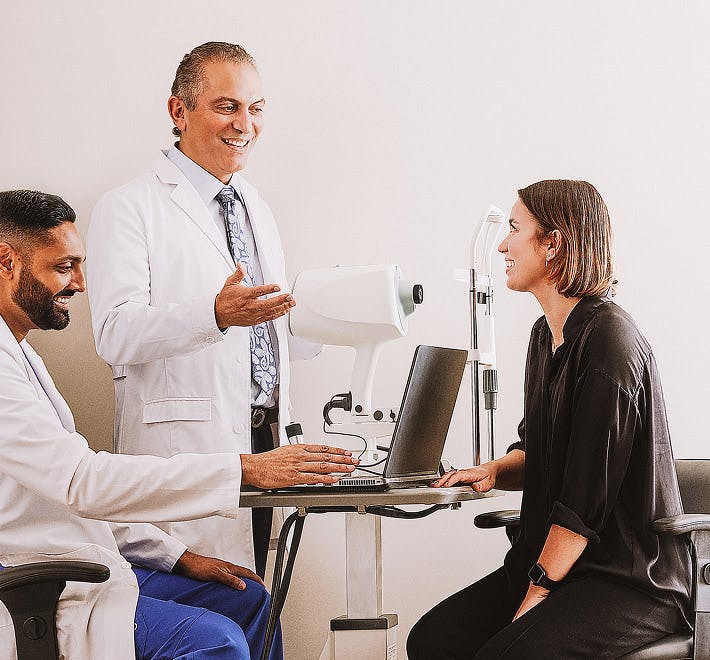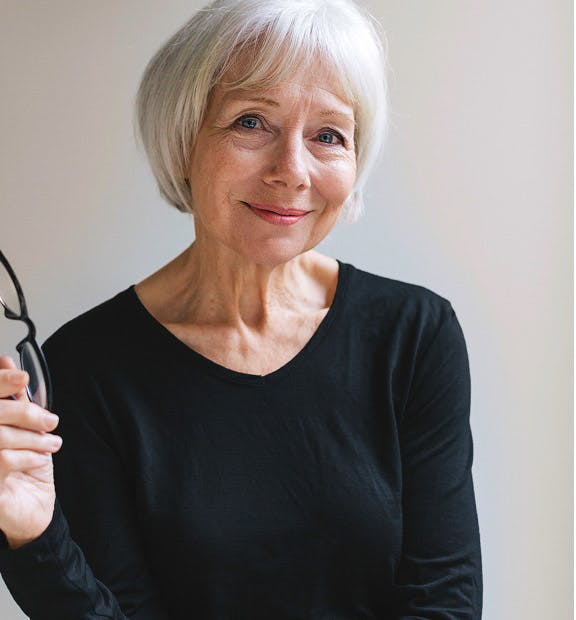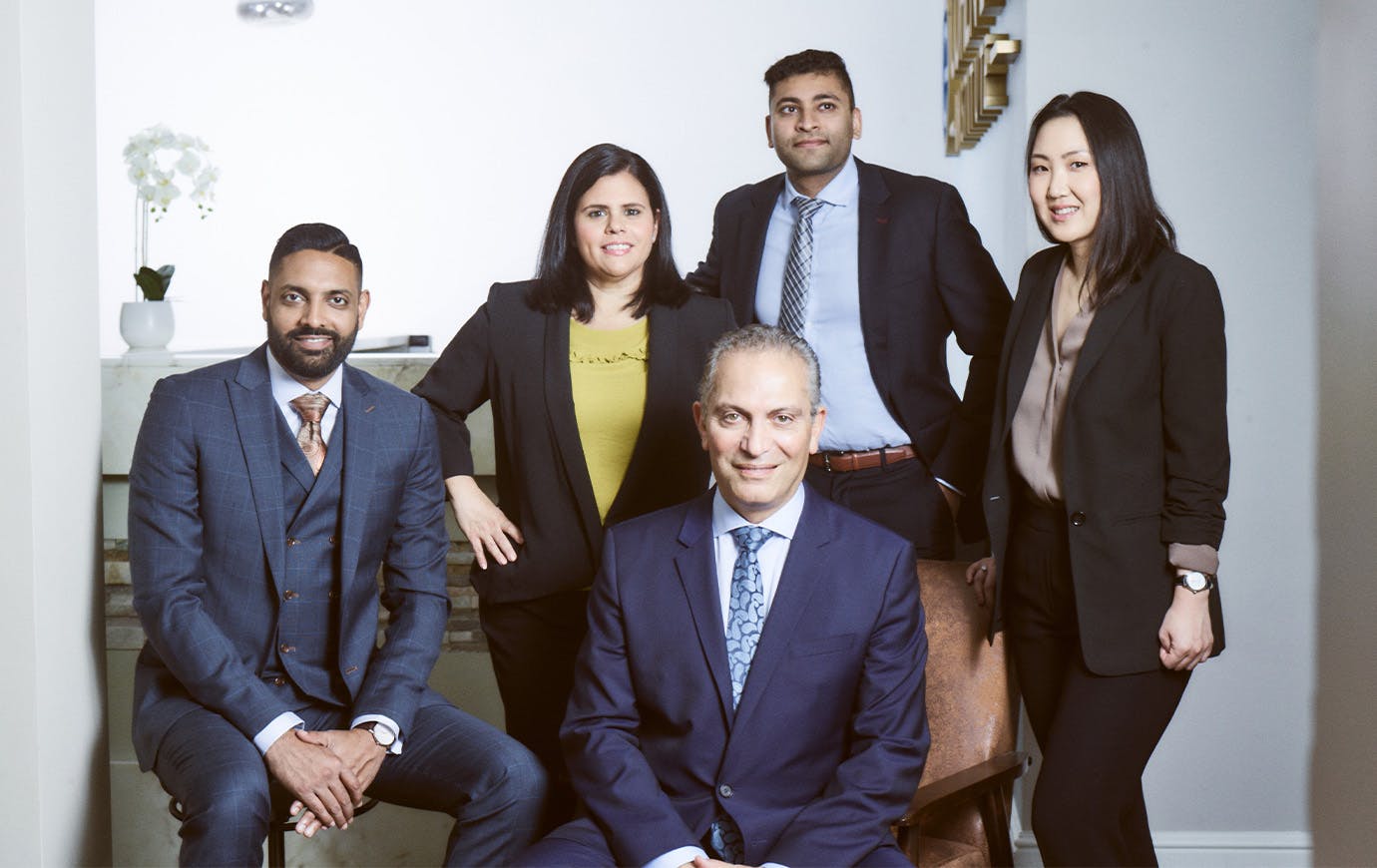
Why Choose Cohen Eye Institute?
LASIK is available at many centers—but results vary dramatically depending on the surgeon’s skill, the technology used, and the customization of care. At Cohen Eye Institute, we offer:
- More than 80,000 successful eye surgeries
- Specialized training in corneal and refractive procedures
- State-of-the-art diagnostic and surgical technology
- A track record of excellence trusted by patients and physicians nationwide
- Comprehensive care tailored to your needs and visual goals
Every detail of your experience is designed to deliver confidence, comfort, and clarity—before, during, and after surgery.
Frequently Asked Questions LASIK
How long do LASIK results last?
For most patients, results are permanent. Some may need enhancement procedures later in life due to age-related changes.
Is LASIK painful?
No. The procedure is quick and virtually painless, thanks to numbing drops. You may feel mild pressure during treatment.
Can LASIK treat astigmatism?
Yes. LASIK is highly effective at correcting both regular and irregular astigmatism.
When can I resume normal activities?
Most people return to work and light activity within 24 hours. Full recovery typically occurs within a few days.
Will I need reading glasses later?
Possibly, especially if you’re over 40. Options like monovision LASIK can help reduce this need.

